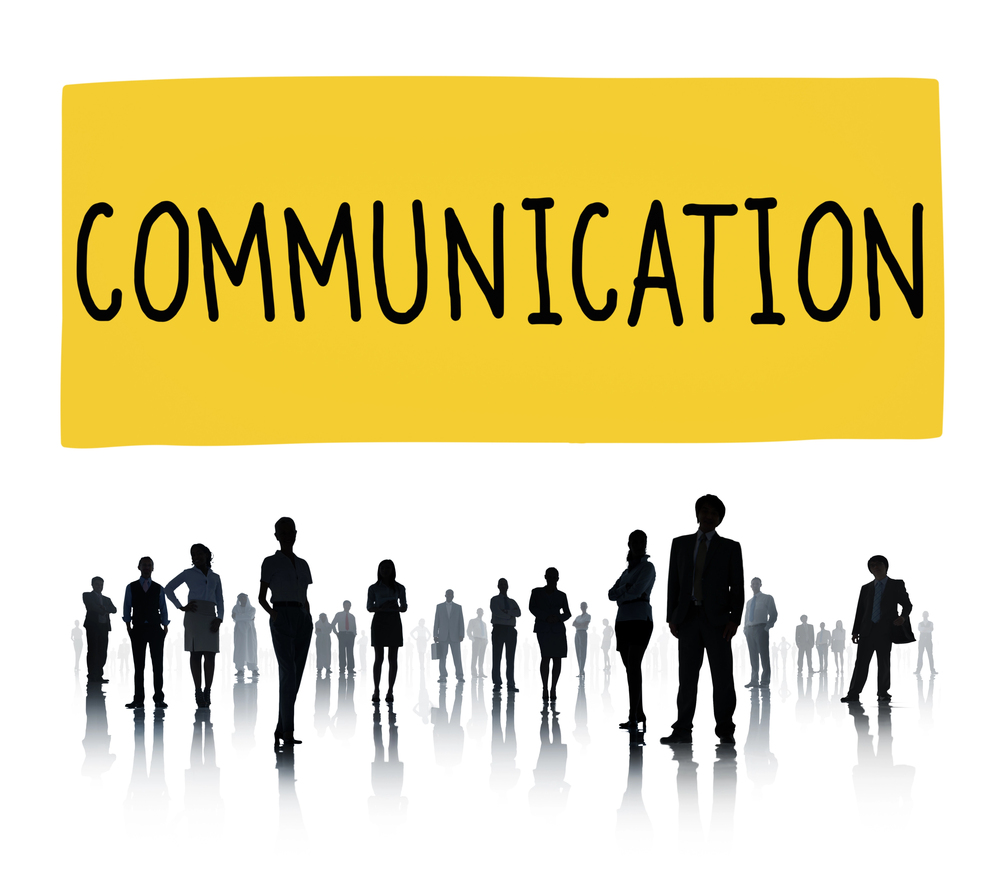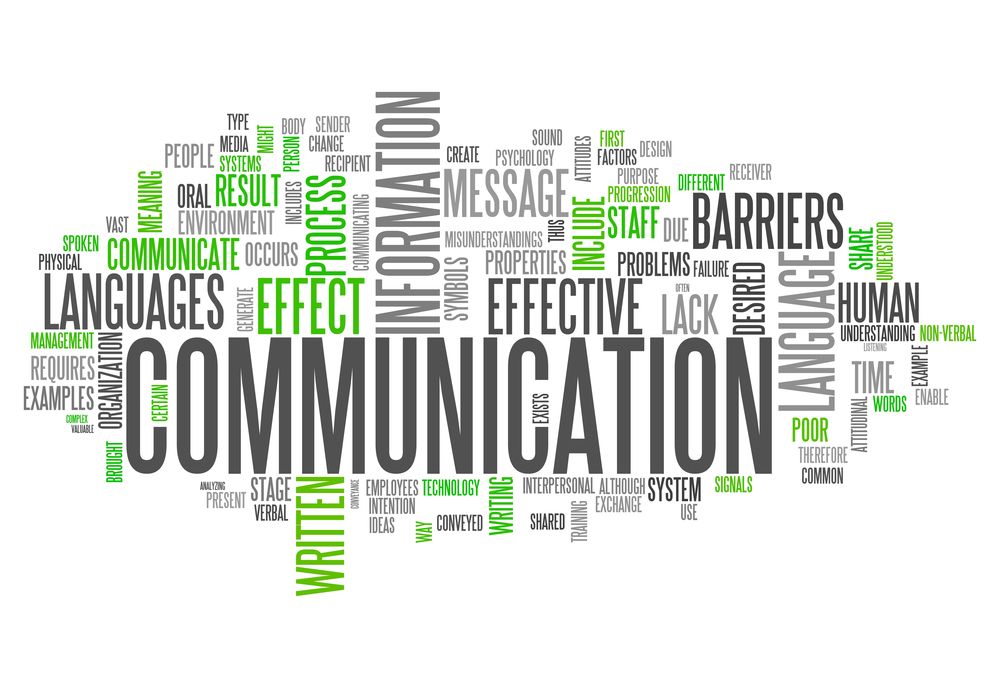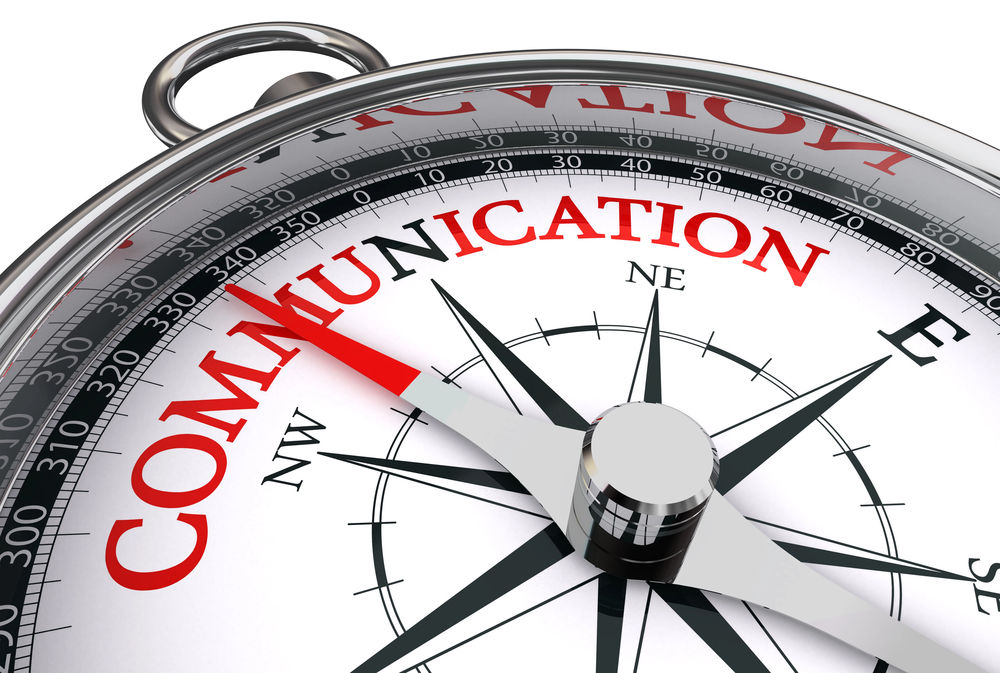The ability to communicate is not a skill reserved for public figures, television presenters or politicians, but is a fundamental ability for any person, whether in the private or work environment. The ability to communicate, from a simple WhatsApp message to a document of hundreds of pages, will not only project a more or less positive image of us, but will also allow us to convey – or not – the message we want to get across.
Communicating well is not only important in our relationships with clients, but also within our team or in our inner circle. For example, in verbal dialogue, silence management is a powerful communication tool, as it allows us to assess the situation and define the strategy in the conversation.

Choose your words carefully, whether in oral or written communication, and make sure you convey a clear message. Let us discuss some techniques that will allow us to improve communication with another human being (or even with some other non-human entity).
- Less is more. Avoid using long sentences (whether in writing or in conversation), as people have a short attention span. If the sentence is too long, most interlocutors will stick to the first and last parts of the message. Think first and choose your words so that they express your message clearly and directly.
- Avoid repetition. When we do not know how to continue our speech, we often repeat a few sentences to create the illusion that we have the situation under control. But the effect is the opposite: it gives the impression that we do not know what we are saying.
- Beware of filler words. We all use them in spoken language, but if we abuse them, they can distract the listener and take him away from the message we want to convey. We must keep under control words like: okay, I say, this, you know, um, and other filler words.

- Slow and steady. Often, diction leaves something to be desired. It is necessary to speak slowly and enunciate clearly so that what we say is understood. The need to speak slowly is more noticeable when communicating with a foreign person or in a second language.
- Order. As in programming, order is one of the fundamentals of communication. What we write should have: title, introduction, and description, as well as a conclusion or summary.
- Eye contact. A key element in face-to-face conversations is eye contact. If we only have one interlocutor, eye contact should be intermittent, and if we are talking to several people, we will look at all of them, which will allow us to study their reactions (interest, boredom, etc.). In a group, we will never maintain eye contact with only one person.
- Take a deep breath before replying. Sometimes we receive messages that irritate us and provoke the temptation to answer immediately. A discussion is usually won by the one who is best prepared and, therefore, has the most convincing arguments. Haste is a bad advisor, take your time and relax before replying.

In communicating with others, the most important lesson is not to treat everyone in the same way, because every human being is different. There is no common rule that allows us to communicate with everyone. That said, empathy is the most valuable asset when relating to others.
Finally, we should not abuse chat rooms by constantly interrupting others. Too much communication can saturate our interlocutors, and we may lose focus on the issues we want to discuss.






